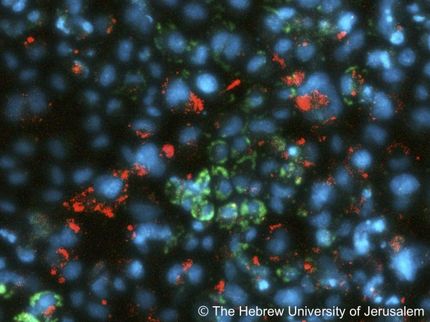Viragen Reports Avian Transgenic Breakthrough: OVA(TM) System Expresses Interferon-Beta
Advertisement
Viragen, Inc. announced that the Company's scientists, along with its collaborators at the Roslin Institute and Oxford BioMedica plc, have successfully achieved Expression of significant quantities of the human protein, interferon beta-1a, in the whites of eggs laid by transgenic hens using the OVA(TM) System (Avian Transgenic Biomanufacturing). Interferon-beta is a key component of the human immune system and is the active ingredient in several leading multiple sclerosis (MS) therapies. These results are the first in a series of anticipated milestones demonstrating "Proof-of-Principle" with an avian-expressed version of beta-interferon, and it is expected that the OVA(TM) System will be capable of cost-effectively expressing many types of therapeutic proteins.
Viragen and Roslin are conducting avian expression studies on various protein candidates including interferon beta-1a, which is currently marketed under two competing brand names for the treatment of MS.
"This is a truly remarkable achievement for our team in Scotland and represents a major event towards our goal to definitively position the OVA(TM) System as a revolutionary transgenic bio-manufacturing alternative," stated Dr. Karen Jervis, Vice President and Managing Director of Viragen (Scotland) Ltd. "We will continue to collect eggs from these hens and subsequent generations to confirm quality and quantity of the protein. In addition, we will be analyzing the carbohydrate profile of the product, which may represent another key advantage to OVA(TM)-expressed proteins. Certain biotech drugs require post-translational modifications in order that the drug retains its full efficacy and is well tolerated when used as a human therapeutic. Although we must confirm the nature of the modifications conferred by the OVA(TM) System, we are hopeful that avian transgenic production may be able to retain these beneficial modifications, which may in turn translate to a lower cost of goods and a more economical process."
















































